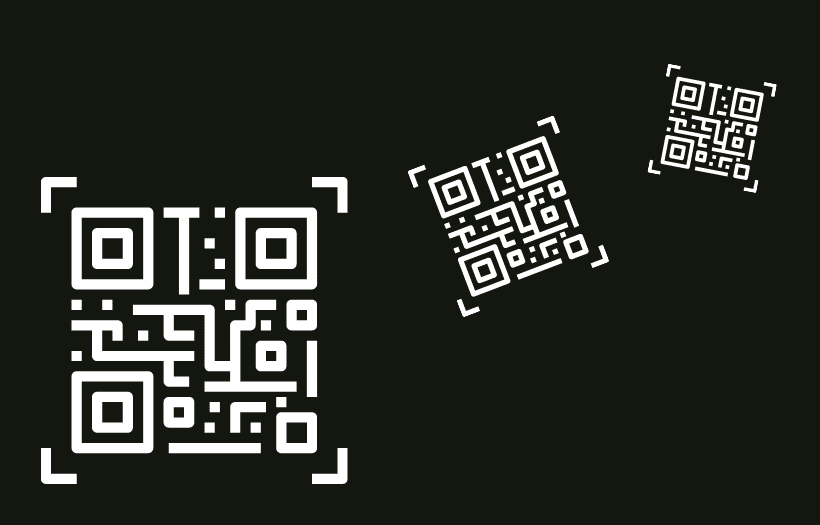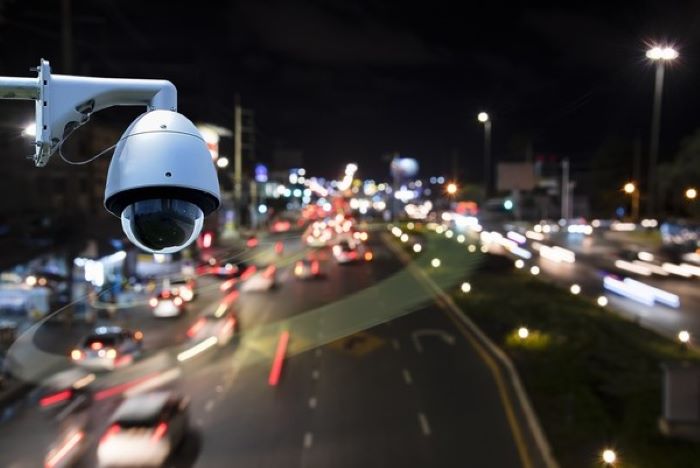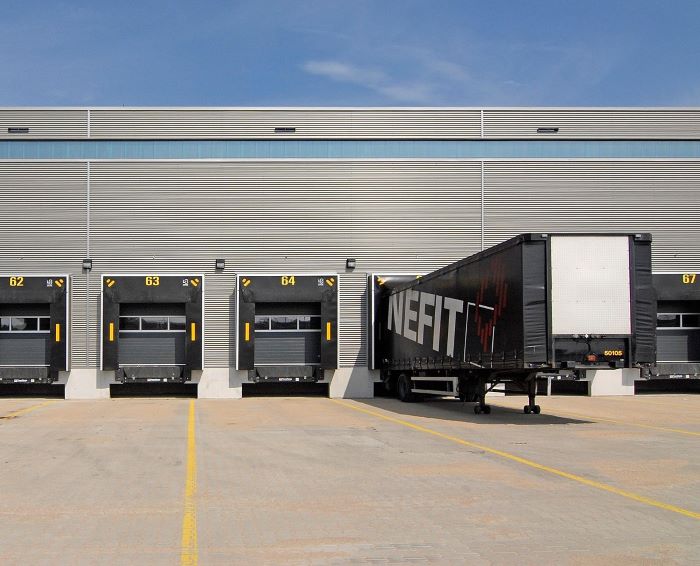In today’s rapidly evolving technological landscape, QR codes, or Quick Response codes, have emerged as a powerful tool with the potential to revolutionize various aspects of our lives. These ubiquitous two-dimensional barcodes, easily scanned by smartphones and other devices, hold the key to a more seamless, engaging, and efficient world. As we delve into the future, QR codes are poised to transform the way we interact with information, engage with the world around us, and navigate our daily lives.
Bridging the Physical and Digital Realms
QR codes serve as a seamless bridge between the physical and digital worlds, enabling a smooth transition from offline to online interactions. Embedded in product packaging, advertisements, public spaces, and educational materials, QR codes act as gateways to a wealth of digital content, providing users with instant access to additional information, such as product details, website links, interactive experiences, and location-based services. This seamless integration of digital information into our physical surroundings enhances user experience, fosters deeper engagement, and empowers informed decision-making.
Revolutionizing Information Access and Engagement
QR codes have revolutionized the way we share and consume information. By eliminating the need for manual data entry, QR codes provide a quick and effortless way to access and share information, such as URLs, text messages, phone numbers, and even location coordinates. This has streamlined various processes, including ticketing and access control, attendance tracking, feedback collection, and inventory management. Additionally, QR codes have empowered individuals and organizations to share information more effectively, ranging from product promotions and marketing campaigns to educational resources and community engagement initiatives.
Transforming Industries and Empowering Businesses
QR codes have infiltrated various industries, transforming the way businesses operate and interact with their customers. In the retail sector, QR codes have become indispensable tools for providing customers with product information, facilitating contactless payments, and enhancing customer engagement. In the hospitality industry, QR codes have streamlined the check-in process, provided guests with instant access to hotel amenities and local attractions, and facilitated feedback collection. Across industries, QR codes have empowered businesses to enhance customer experience, optimize operations, and gain valuable insights into customer behavior.
Fostering Global Communication and Accessibility
QR codes have transcended language barriers and cultural differences, fostering global communication and accessibility. Their universal nature allows individuals from all corners of the world to access and share information without the limitations of language. This has facilitated cross-cultural understanding, promoted tourism and cultural exchange, and empowered communities worldwide to connect and share their knowledge and experiences.
Enhancing Education and Learning
QR codes have emerged as powerful tools in the field of education, transforming the learning experience and making it more interactive and engaging. By embedding QR codes in textbooks, worksheets, and other learning materials, educators can provide students with instant access to supplemental information, such as videos, audio clips, interactive exercises, and online tutorials. This allows students to explore topics at their own pace, revisit concepts as needed, and engage with the material in a more immersive and personalized way.
Promoting Sustainability and Environmental Stewardship
QR codes have emerged as champions of sustainability by reducing the need for physical materials, such as paper tickets, brochures, and advertisements. This shift towards digital information access not only enhances convenience but also minimizes environmental impact and promotes eco-conscious practices. Additionally, QR codes can provide individuals and organizations with real-time information on environmental initiatives, recycling programs, and sustainable transportation options, fostering responsible resource management and contributing to a greener future.
Conclusion
QR codes, with their versatility, accessibility, and ability to bridge the physical and digital divide, have emerged as a cornerstone of the future. As QR code technology continues to evolve, we can anticipate even more groundbreaking applications that will further transform the way we interact, share information, and engage with the world around us. QR codes undoubtedly hold the key to a more connected, informed, engaging, and sustainable future. Their transformative impact will be felt across industries, communities, and individuals, shaping a world where technology seamlessly integrates with our lives, empowering us to access information, interact with each other, and navigate our daily lives with greater ease, efficiency, and responsibility.











